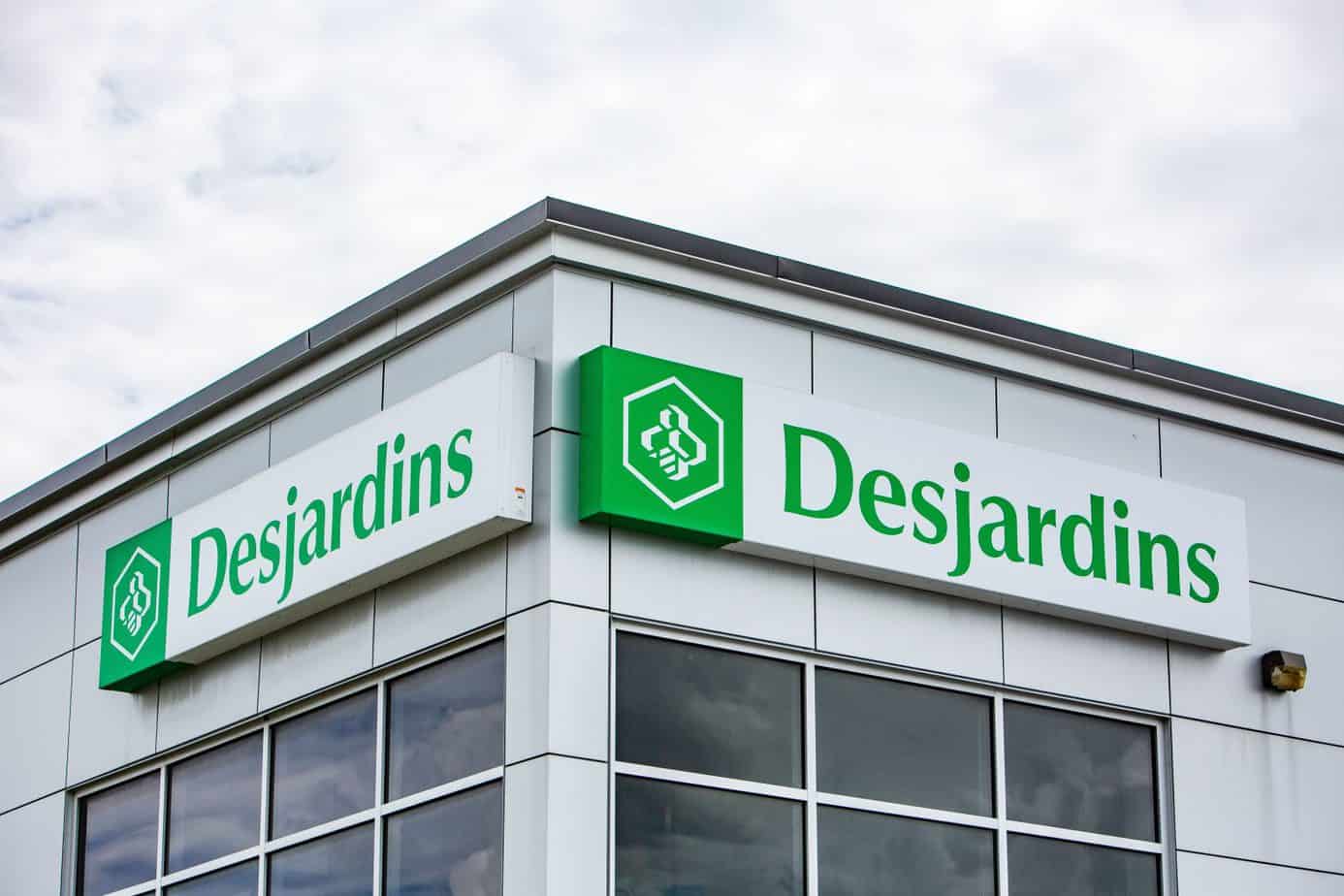Telus not Rogers is the telco stock to own, this investor says

Things are shifting in the Canadian telecom landscape as companies look to strengthen their cross-county infrastructure and bulk up in the age of 5G networks. And even with all the drama at Rogers Communications (Rogers Communications Stock Quote, Charts, News, Analysts, Financials TSX:RCI.B), Canada’s third-biggest provider is still gunning for a merger with fourth-in-line Shaw Communications (Shaw Communications Stock Quote, Charts, News, Analysts, Financials TSX:SJR.B), with the plan being to strengthen its services so as to better compete with Numbers One and Two in BCE Inc. (BCE Stock Quote, Charts, News, Analysts, Financials TSX:BCE) and Telus (Telus Stock Quote, Charts, News, Analysts, Financials TSX:T).
The jockeying among the telcos — all of whom except for Rogers look like they’ll be finishing 2021 with a positive return on their share prices — may leave investors wondering where best to put their money going forward, but portfolio manager Michael Sprung says Telus is the horse to pick in this race.
“We own a lot of BCE and we have some Telus. I think in today’s world I would be looking at probably Telus as being very well positioned,” says Sprung, president of Sprung Investment Management, who spoke on BNN Bloomberg on Friday.
For the record, Shaw’s stock has been the clear winner this year, in no small part due to news of the proposed merger with Rogers, first announced in March and causing SJR to rise from $24 to now $37 for a 67 per cent return year-to-date. That’s still below the $40.50 per share set in the terms of the proposed $26-billion buyout by Rogers, but enough to leave the rest of the field behind this year. BCE has delivered a healthy 20 per cent return so far, Telus is at 15 per cent and Rogers is currently at negative three per cent for the year.
The family feud at Rogers for control of the company and the direction it’ll take going forward has died down since a BC court ruled last month that Edward Rogers, son of empire builder Ted Rogers, had legitimate power as chair of the Rogers Family Trust to make the call in ousting then-CEO Joe Natale. But key questions remain in terms of who will take the helm, how tightly he or she will be reined in by Edward Rogers and, if and when the Shaw deal is allowed by federal competition bodies to progress, what divestments will need to be made on either end in order to pass regulatory muster.
From Sprung’s point of view, Telus is the one company among the bunch that has done the best in extending its reach over time into new revenue streams.
“I think that Rogers has had a bit of controversy lately — I think in terms of ESG investors, they’ve probably taken themselves out of the ‘G’ for some time,” Sprung said.
“But on a valuation basis and a potential growth basis I think Telus has proven itself to have excellent management,” he said. “They’re spinning out Telus International, Telus Health and so on and that has proven to be very wise. They’re a good national player with good scope, so out of out of the field probably [my pick] would be Telus.”
Last month, Telus delivered third quarter earnings which saw mobile and fixed customers grow by 320,000, up 43,000 from a year earlier and a record quarter for the company. Mobile phone net adds led the way with 135,000 new customers while wireline customer adds were 75,000 and connected device additions were 110,000 another record for Telus.
“Our robust performance reflects the effectiveness of our globally leading customer-centric culture and broadband networks, underpinned by our highly engaged team and their passion for delivering outstanding connected experiences,” said President and CEO Darren Entwistle in a press release. “This contributed to leading total customer net additions of 320,000, an all-time quarterly record for TELUS, underpinned by industry-best client loyalty across our key mobile and fixed product lines. Notably, blended mobile phone, PureFibre internet, Optik TV, Security and voice churn are all below one per cent year-to-date.”
Telus’ Q3 revenue rose by 6.8 per cent year-over-year to $4.251 billion while adjusted EBITDA climbed a similar 7.1 per cent to $1.559 billion. In terms of its segments, Telus said its TTech technology solutions business grew by 4.1 per cent over the quarter, Telus Health saw revenue climb by $14 million or 12 per cent and its digital customer experience wing in TELUS International saw its topline grow by 27 per cent or $126 million. Telus Health, which has electronic medical records business, virtual healthcare and pharmacy management services, is a division of Telus while TELUS International was spun out as a public company earlier this year. Telus also has an agriculture tech arm in Telus Agriculture which was reported to be on track to deliver about $400 million in revenue in 2021.
Entwistle said Telus’ diversified businesses are a strength of the company.
“Our results are buttressed by our highly differentiated and potent asset mix geared towards high-growth, technology-oriented verticals,” Entwistle said.



